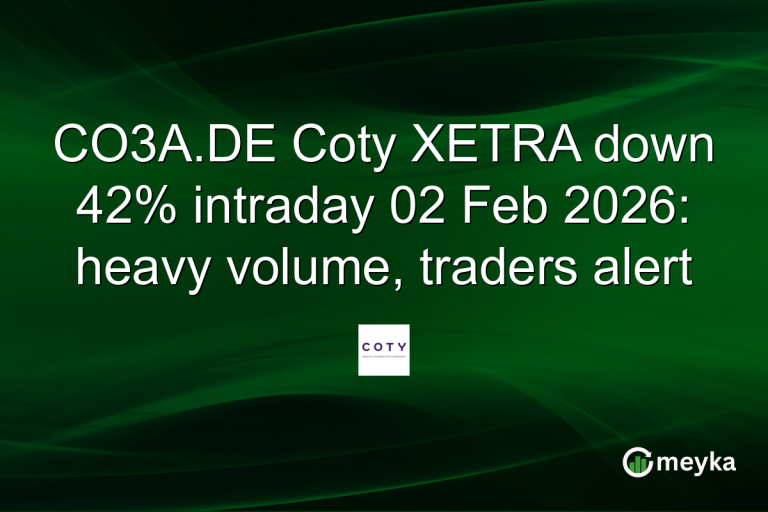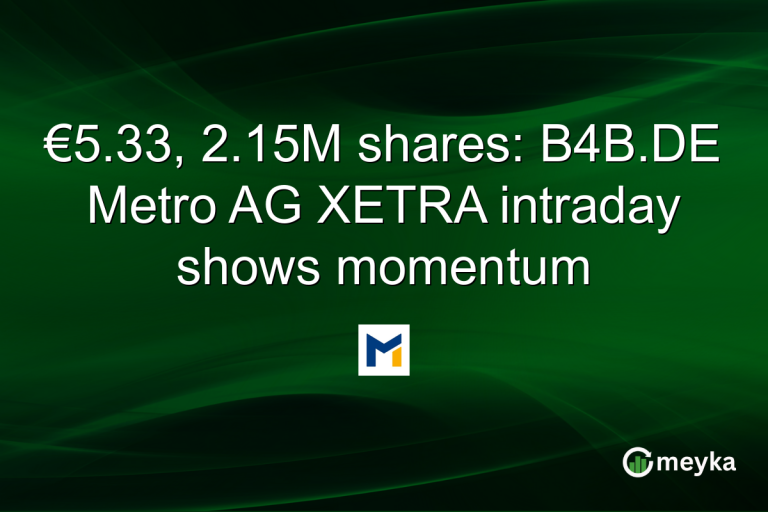DOL and SEC Under Pressure: Crypto Exposure in 401(k) Plans Raises Alarms
The increasing integration of cryptocurrency into financial systems has sparked a debate on its presence in 401(k) plans. Recently, Senators Elizabeth Warren and Bernie Sanders have urged the Department of Labor (DOL) and the Securities and Exchange Commission (SEC) to examine the risks associated with crypto exposure in retirement accounts. This focus on regulatory scrutiny could potentially lead to significant changes in how retirement portfolios are managed, directly impacting financial advisors and investors.
Continue Reading on Meyka
This article is available in full on our main platform. Get access to complete analysis, stock insights, and more.
Read Full Article →





